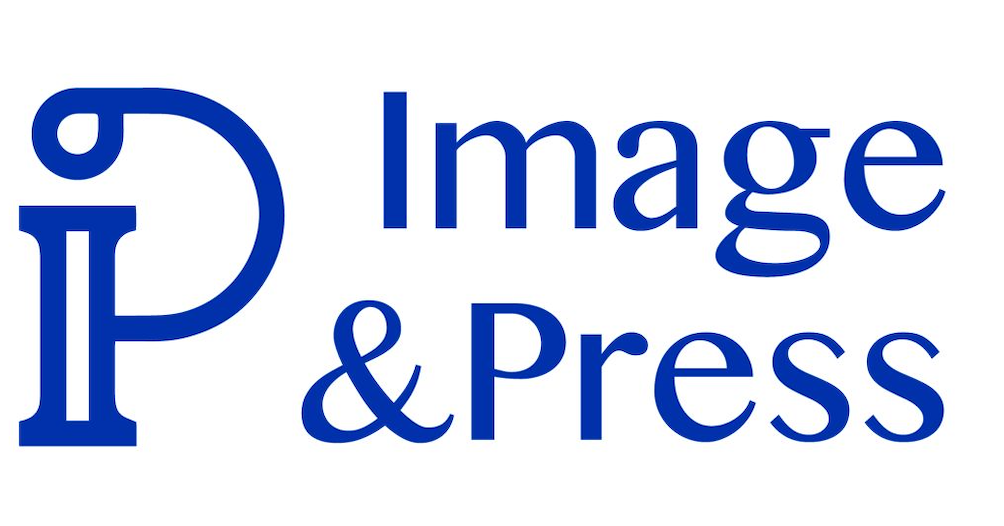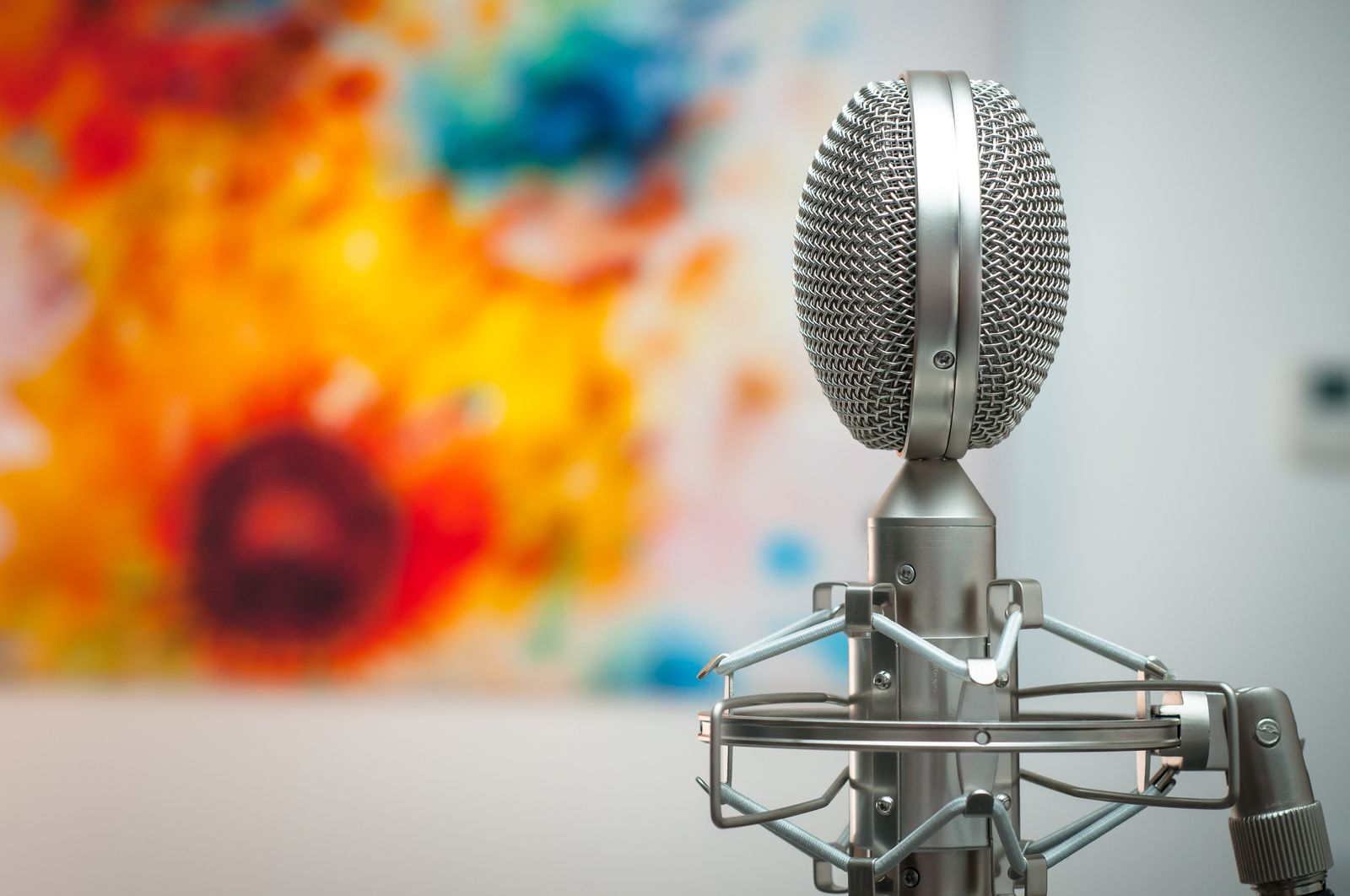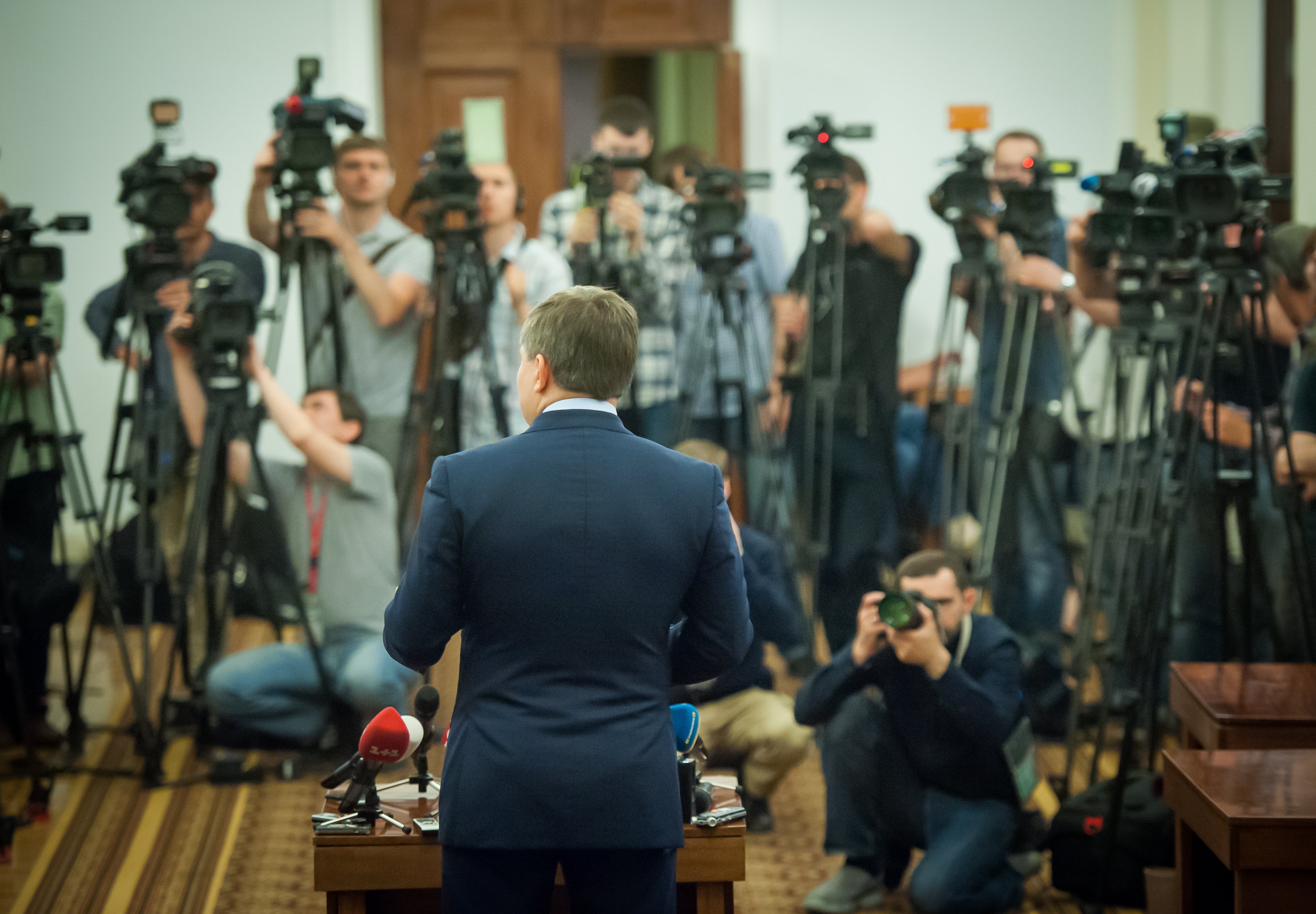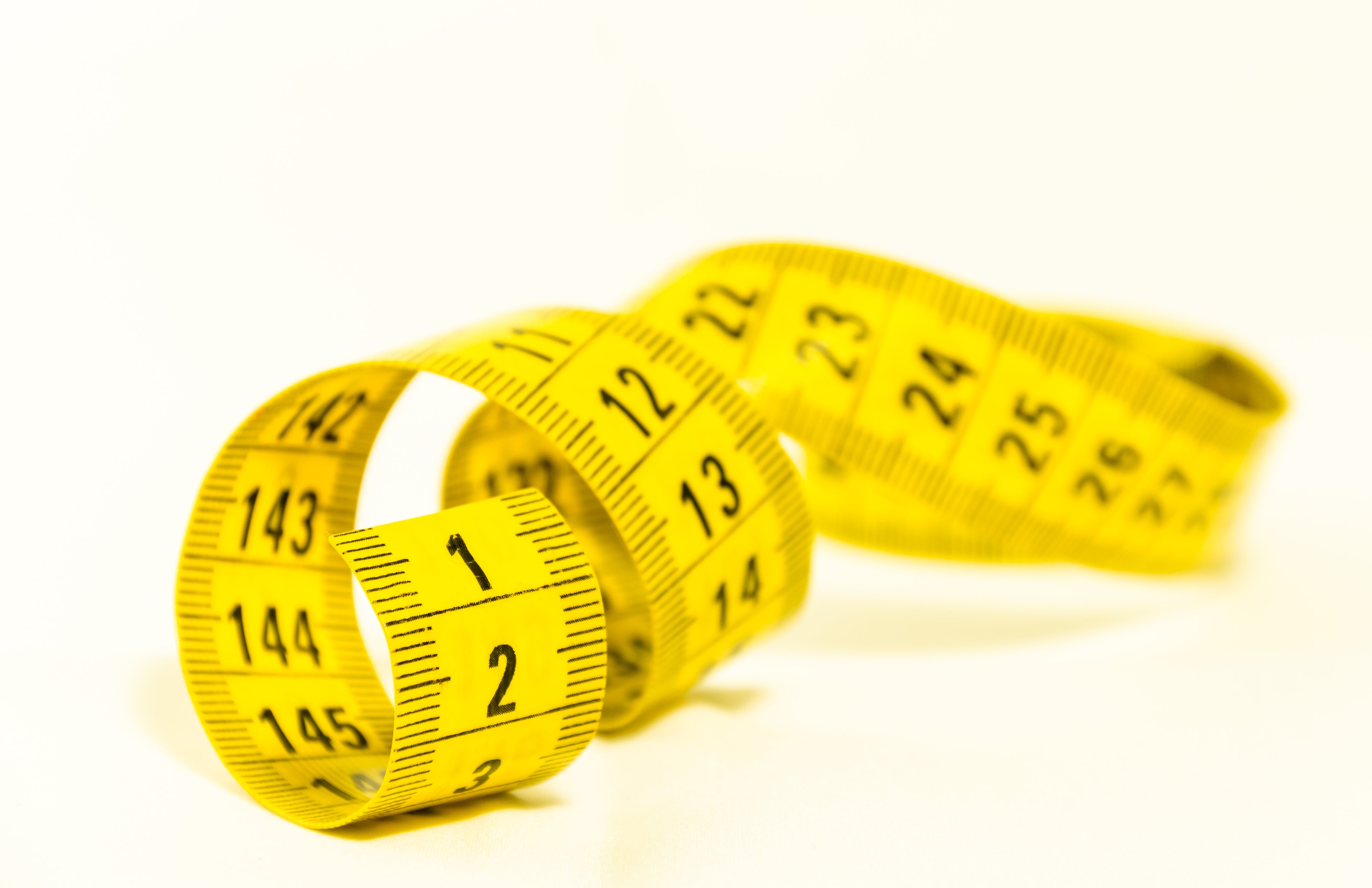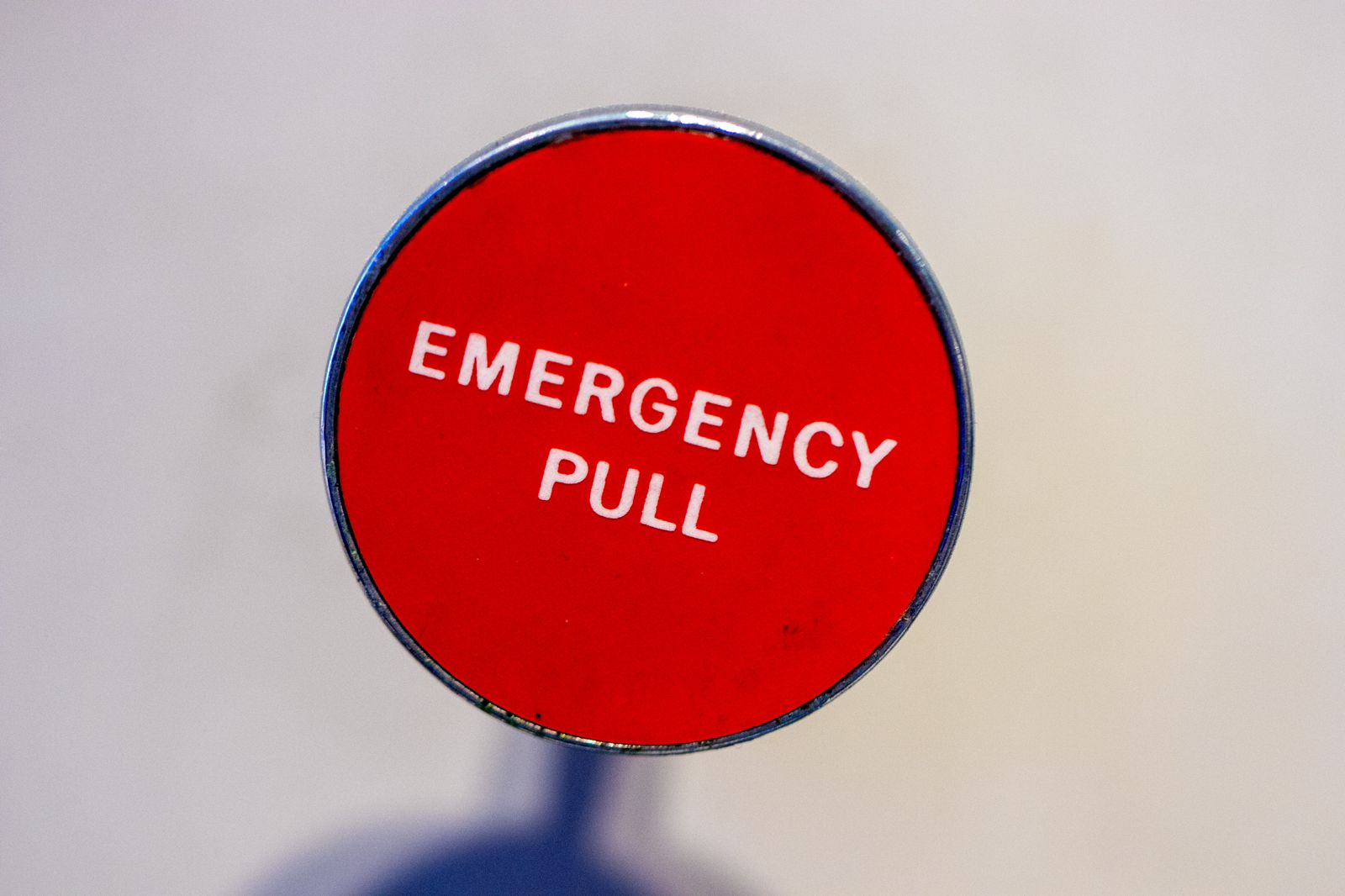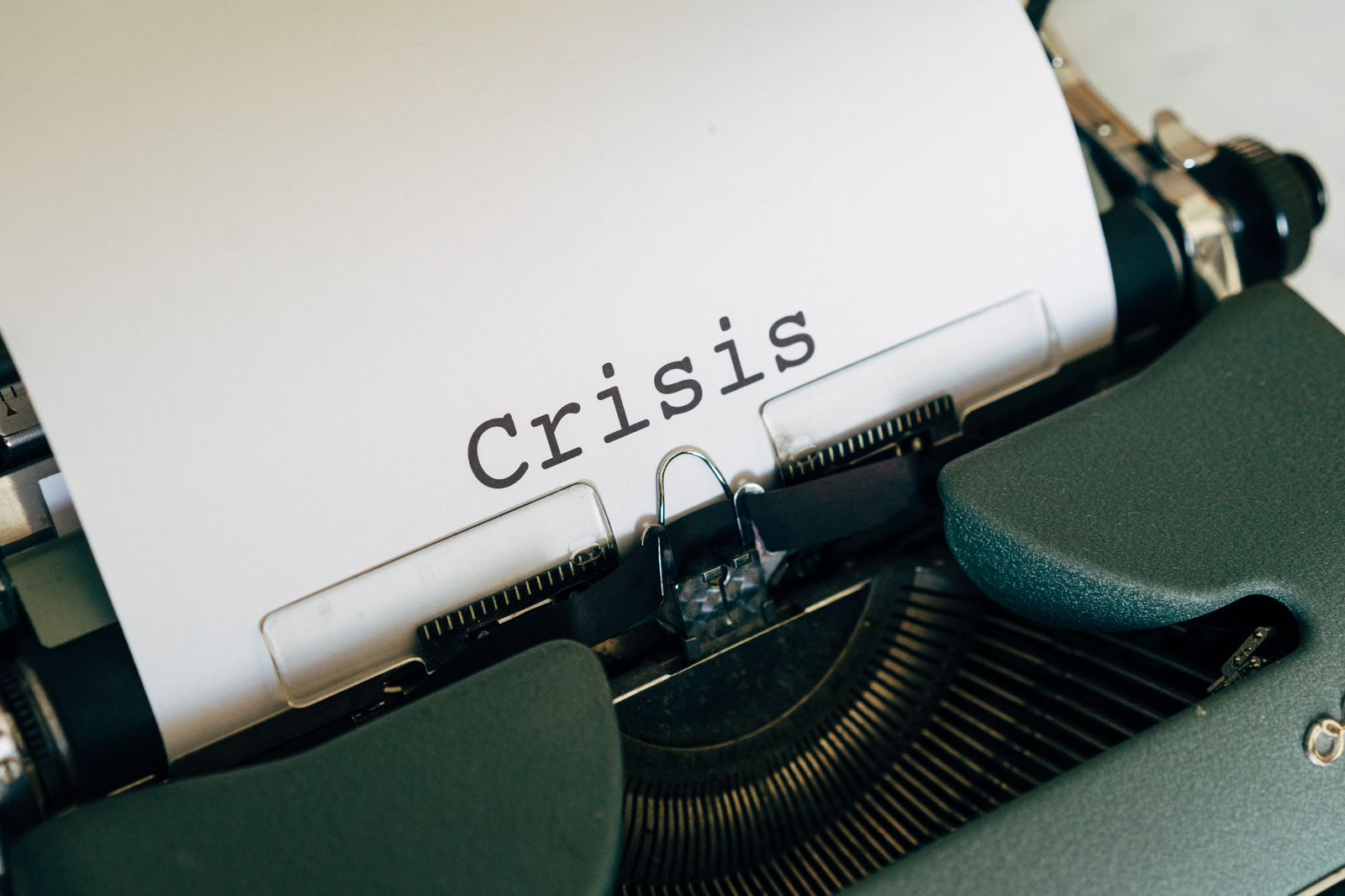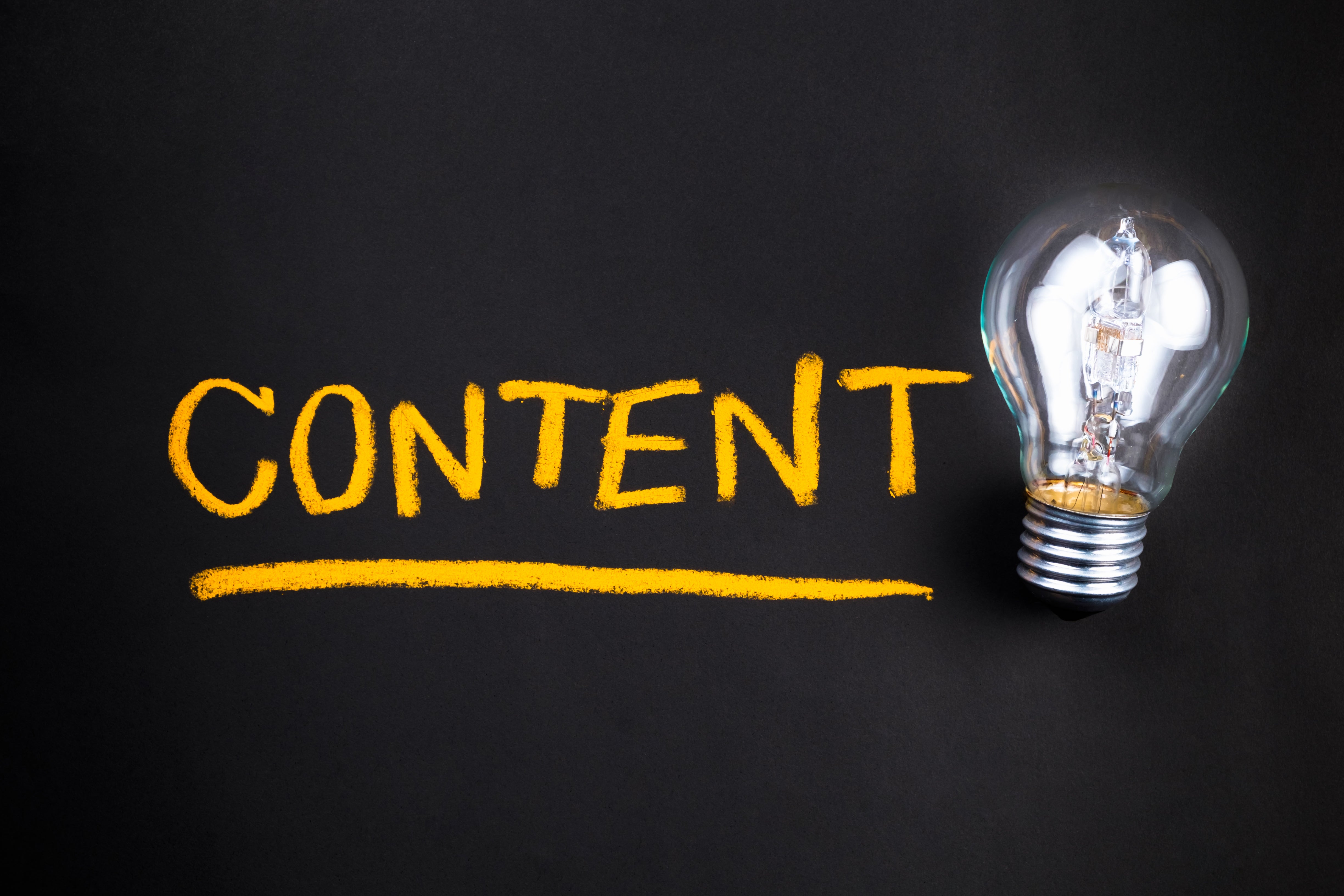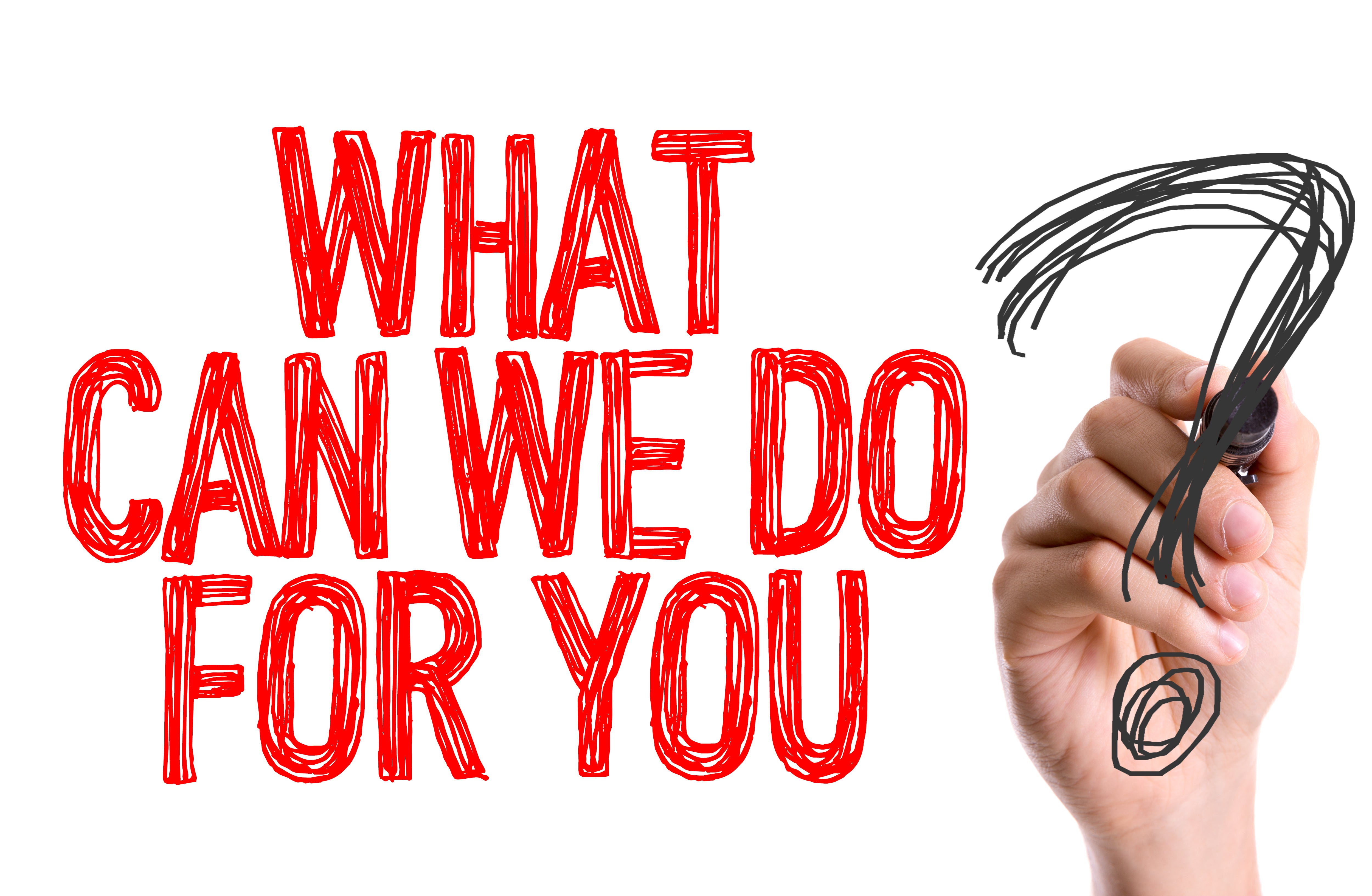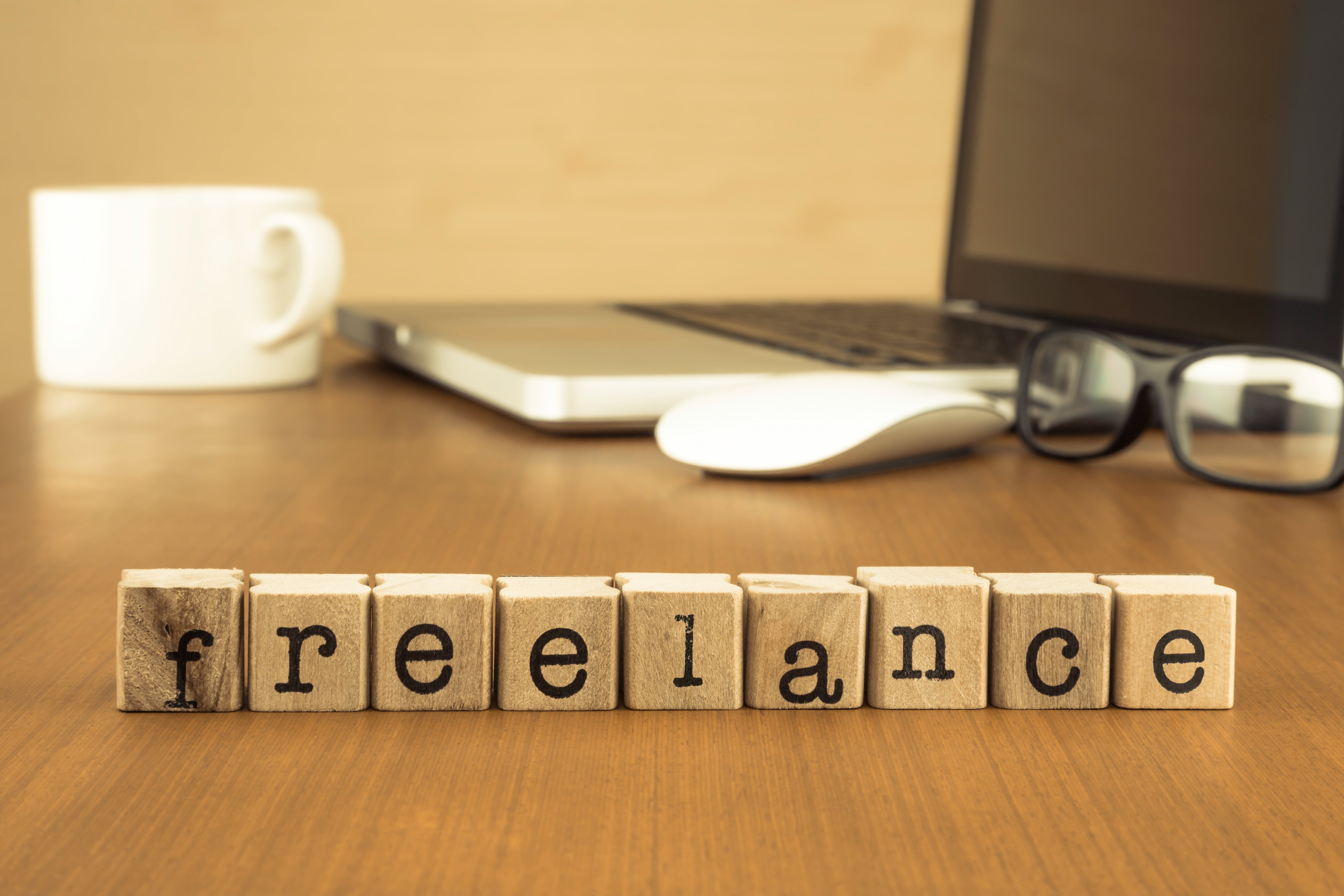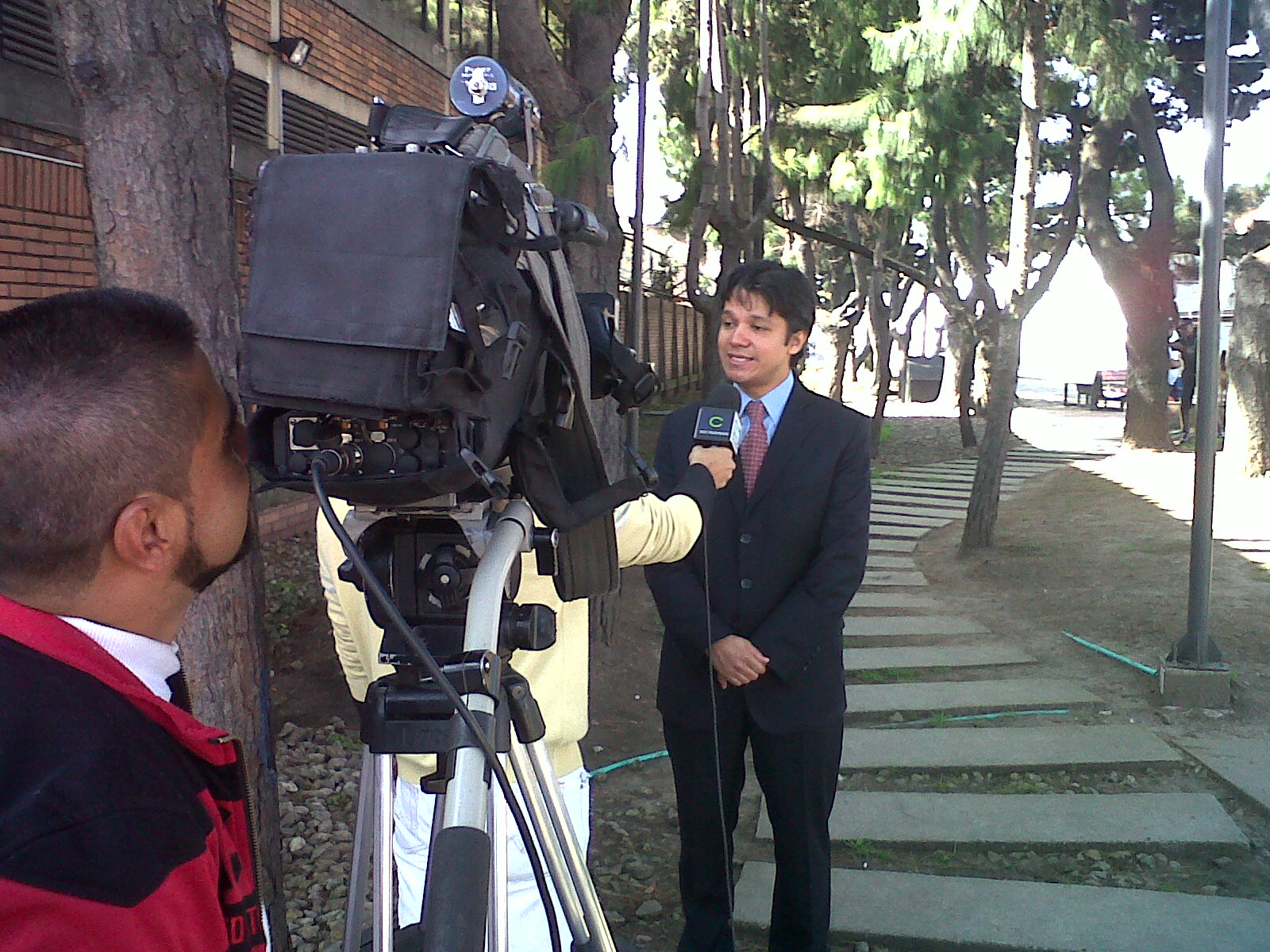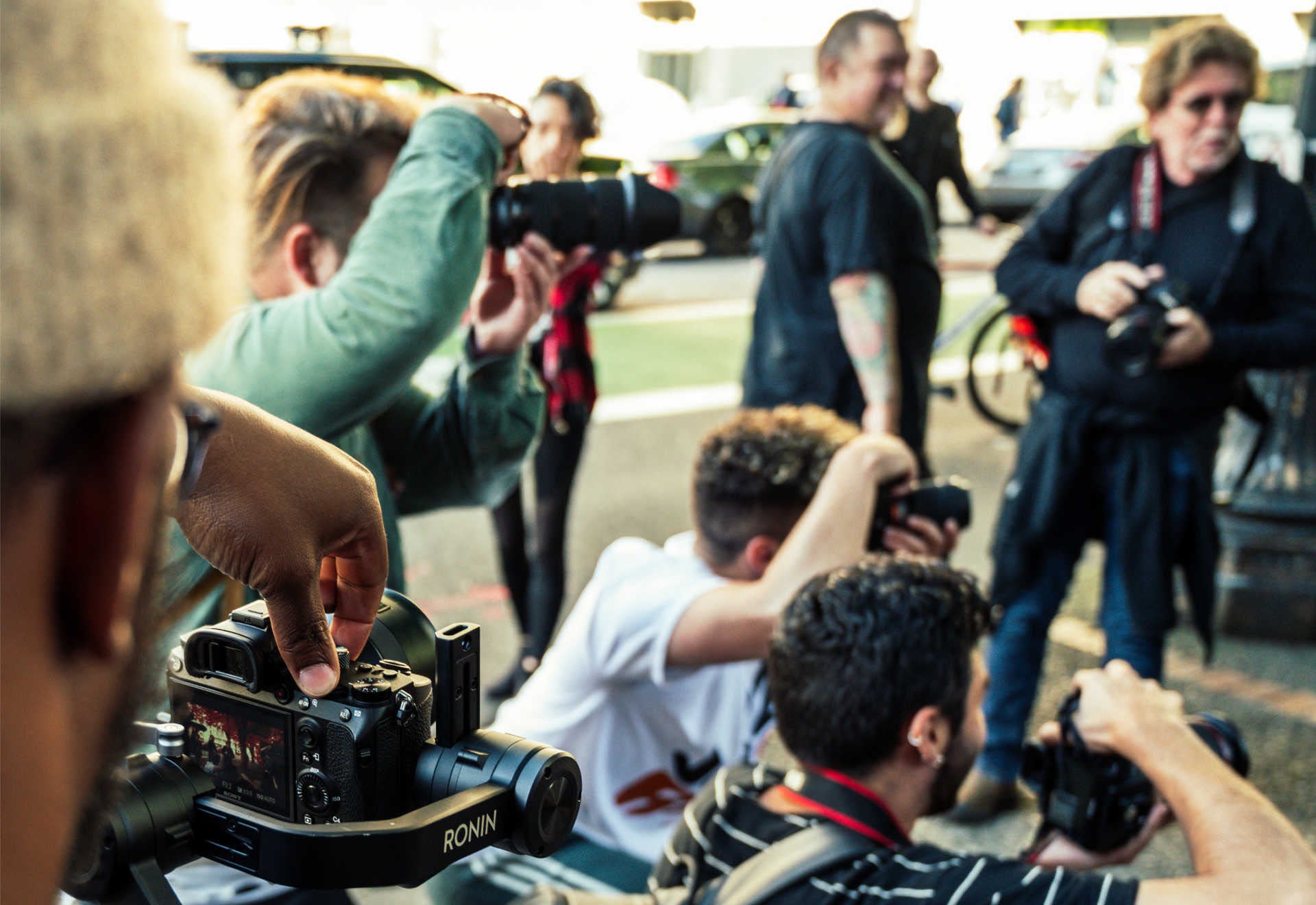
- 27 Sep 2023
Preparation for Interviews in Crisis Situations
Photo by Michal CZYZ
Before the interview:
Contact the Media Team: Before facing an interview in a crisis situation, it is essential to contact the media team. Seek advice and discuss the key issues that will be covered.
Develop a List of Likely Questions: Anticipate the most likely questions you will be asked during the interview and prepare to answer them clearly and concisely.
Prepare Key Points: Identify two or three key points you want to convey during the interview. These may include your concern for people and the environment, your membership in a larger team, and the actions your company is taking to address the crisis.
Practice with an Associate: Ask a colleague to ask you difficult questions and critique your answers. This will help improve your responsiveness.
Control the Length of Your Responses: Limit the length of your responses to less than 15 seconds and focus on your most important points.
Identify Other Interviewees: Ask who else will be interviewed as part of the story to be prepared.
Know the Use of the Interview: Find out how the interview will be used, as this may influence how you communicate.
Simplify Language: Avoid technical language in your answers and use words that are understandable to everyone.
Anticipating Opposition Points: Be aware of the points your opponents might raise and prepare to respond to them.
Appropriate Dress: If you normally wear a suit, consider removing your jacket and tie in field situations. Avoid wearing a white shirt as this can cause problems on the screen.
Positive Location: Select a positive location for the interview. Interviews on location are generally preferable to those conducted in the office.
Avoid Alcohol: Do not consume alcohol before the interview, as you need to be alert and alcohol on your breath could be harmful.
Schedule a Follow-up Interview: Let the reporter know that your company is willing to be part of the communication process and schedule a follow-up interview if necessary.
During the Interview:
Honesty and Openness: Be open and honest in your answers. Half-truths can be harmful.
Focus on What You're Doing: When asked "What happened?", talk proudly about what you're doing to address the crisis.
Listen Carefully: Listen carefully to each question and object if you think it is objectively incorrect.
Pause before Answering: Take a moment to decide what point you want to make before answering each question.
Structure Your Answers: Consider each answer as a story and start with a headline. Present your strongest points first and then support them.
Maintain Eye Contact: Maintain eye contact with the reporter to show sincerity and commitment.
Do Not Voluntarily Transmit Information: Avoid transmitting information that you would regret later. There is no such thing as "off the record."
Interview as a Debate: Understand that interviews are more similar to debates than conversations.
Ready to “Take Back”: Be prepared to redirect the interview if reporters ask questions that take focus away from your key points.
Composure: Remain calm at all times, as anger can be used against you in the final edit.
Do Not Reference Previous Questions: Each answer must stand on its own without mentioning previous answers.
End Your Answers Clearly: Stop your answer when you have completed your point. If the reporter holds the microphone close, ask the next question or remain silent.
Admit Unknown: If you don't know the answer to a question, admit your ignorance and offer to do more research after the interview.
Audio Recorder: Bring an audio recorder and explain that it is policy to record interviews for documentation.
Avoid "No Comment": Avoid using the expression "no comment" as it can be interpreted as a lack of cooperation.
Before Starting the Interview:
Step 1: Share Facts: Tell the reporter what you know about the issue at hand. This will demonstrate your interest in sharing accurate information.
Step 2: Get to know the Reporter's Perspective: Ask the reporter what information they have and what topics they want to discuss. Correct any misinformation and use intelligence to prepare.
Step 3: Define the Topic: Make sure the reporter understands that you will stick to the facts and agree on the length and location of the next interview, if necessary. Try to keep the interview no longer than five minutes.

